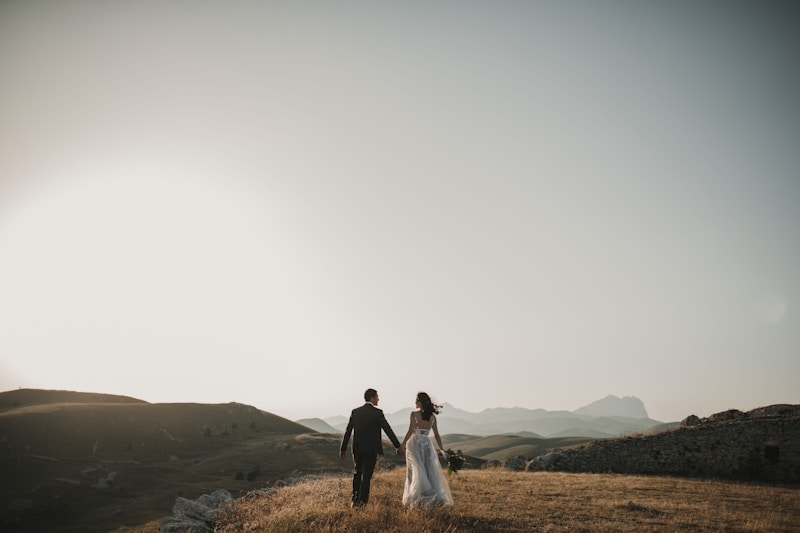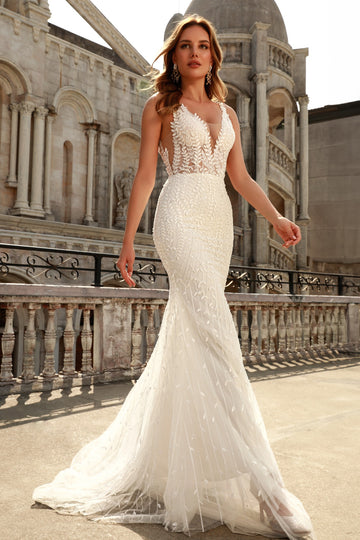Exploring Color Palettes in Weddings: Create Your Perfect Day
Exploring Color Palettes in Weddings: Create Your Perfect Day
Weddings are one of the most significant events in a person’s life, and they offer a unique opportunity to express individual style and creativity. One of the crucial elements that set the mood and theme of the wedding is the color palette chosen by the couple. In this article, we’ll dive deep into the exciting world of color palettes in weddings, exploring how to choose the right palette, current trends, and the impact of color on wedding decor and atmosphere.
Why Color Palettes Matter in Weddings
The color palette of a wedding is more than just a matter of aesthetics; it creates an emotional atmosphere, influences guests' perceptions, and reflects the couple's personality. Different colors evoke different feelings and associations. For example, soft pastels bring about a romantic vibe, while bold and bright colors can convey happiness and energy.
Understanding Color Psychology
Before choosing a color palette, it’s important to understand the underlying psychology of colors:
| Color | Emotion | Associations |
| Red | Passion, Love | Romance, Power |
| Blue | Calm, Trust | Serenity, Stability |
| Yellow | Joy, Energy | Sunshine, Optimism |
| Green | Growth, Harmony | Nature, Freshness |
| Purple | Lavish, Mystical | Courage, Imagination |
| Pink | Gentleness, Affection | Feminine, Tenderness |
Popular Wedding Color Palettes
The choice of a color palette can dramatically alter the look and feel of your wedding. Here are some popular color combinations that have gained popularity in recent years:
1. Classic Romantic
This palette typically includes soft shades of blush pink, ivory, and gold. These colors create a dreamy, romantic setting perfect for indoor ceremonies or elegant Garden weddings.
2. Bold and Vibrant
For couples looking to make a statement, colors like deep red, royal blue, and vibrant yellow can create a lively atmosphere. This palette is especially effective for outdoor summer weddings, providing a cheerful and joyful environment.
3. Earthy Tones
As nature-loving couples trend toward rustic or bohemian themes, earthy tones such as sage green, terracotta, and browns become popular choices. These colors harmonize beautifully with natural settings and can evoke a sense of grounding and warmth.
4. Classic Black and White
A timeless combination that never goes out of style. Black and white palettes can represent elegance and sophistication, making them ideal for formal weddings.
5. Jewel Tones
Rich jewel tones like emerald, sapphire, and amethyst are perfect for fall and winter weddings. These colors can offer a touch of luxury and opulence, enhancing the overall decor.

Choosing the Perfect Color Palette
With countless options available, how do you choose the color palette that’s right for you? Here are some tips:
1. Consider Season and Venue
One of the first steps is to consider the season of your wedding and the venue. Spring weddings may lean towards pastel colors, while fall weddings may embrace warmer, rich shades. It’s also essential to consider whether your venue has an existing color scheme that may influence your choices.
2. Reflect Your Personality
Your wedding color palette should reflect your individuality as a couple. Take inspirations from your favorite colors, hobbies, or even travel experiences that hold sentimental value to you.
3. Create Balance
Choosing the right color combinations can be tricky. A good rule of thumb is to choose one dominant color, one or two accent colors, and a neutral shade to balance your palette.
4. Use Color Samples
Before finalizing your palette, consider gathering color samples of the shades you’re leaning towards. This could include fabric swatches, paint samples, or flower arrangements. Seeing the colors in different lighting can help you make a more informed decision.
5. Seek Inspiration
Websites like Pinterest and wedding blogs can provide ample inspiration and examples of various color palettes. Don’t hesitate to reach out to wedding planners or florists for their professional insights.
Implementing Your Color Palette
Once you’ve decided on your color palette, it’s time to incorporate it into various aspects of your wedding:
1. Invitations
Your wedding invitations set the tone for your big day. Incorporate your chosen colors into the design and fonts to create a cohesive look from the very beginning.
2. Decor
Use your color palette in all decorative elements, such as table settings, centerpieces, and floral arrangements. This could involve choosing table linens, chair covers, and decorative pieces that align with your selected colors.
3. Attire
The color palette does not have to stop at decor; it can also influence the attire of the wedding party. The bridesmaids’ dresses and groomsmen’s ties can be coordinated into your color scheme, enhancing the overall aesthetic.
4. Cake Design
Wedding cakes can also reflect your color palette. From icing to flowers and cake decorations, ensure the cake incorporates the colors you’ve chosen for a complete and well-thought-out look.
Current Trends in Wedding Color Palettes
As wedding trends continue to evolve, color palettes are also adapting. Here are a few trends to watch:
1. minimalist Neutrals
Many couples are opting for minimalism, embracing muted tones and simplistic designs that focus on subtle elegance.
2. Monochromatic Themes
Using varying shades and tints of a single color is becoming increasingly popular. This approach creates a sophisticated and harmonious look.
3. Eclectic Mixes
On the other end of the spectrum, some couples are daring to mix an abundance of colors, creating a bold and vibrant backdrop for their wedding day.
Conclusion: Crafting Your Unique Wedding Palette
Choosing the right color palette is an essential step in planning a wedding that reflects your style and personality. By considering color psychology, current trends, and the impact of color on various aspects of the wedding, couples can create a unified and emotional atmosphere that resonates with their love story. Remember, the key to a successful palette is balance, inspiration, and most importantly, what makes you both happy!
As you embark on this exciting journey, take your time, explore different combinations, and enjoy the process of crafting the perfect wedding, elevated by a thoughtfully chosen color palette.
